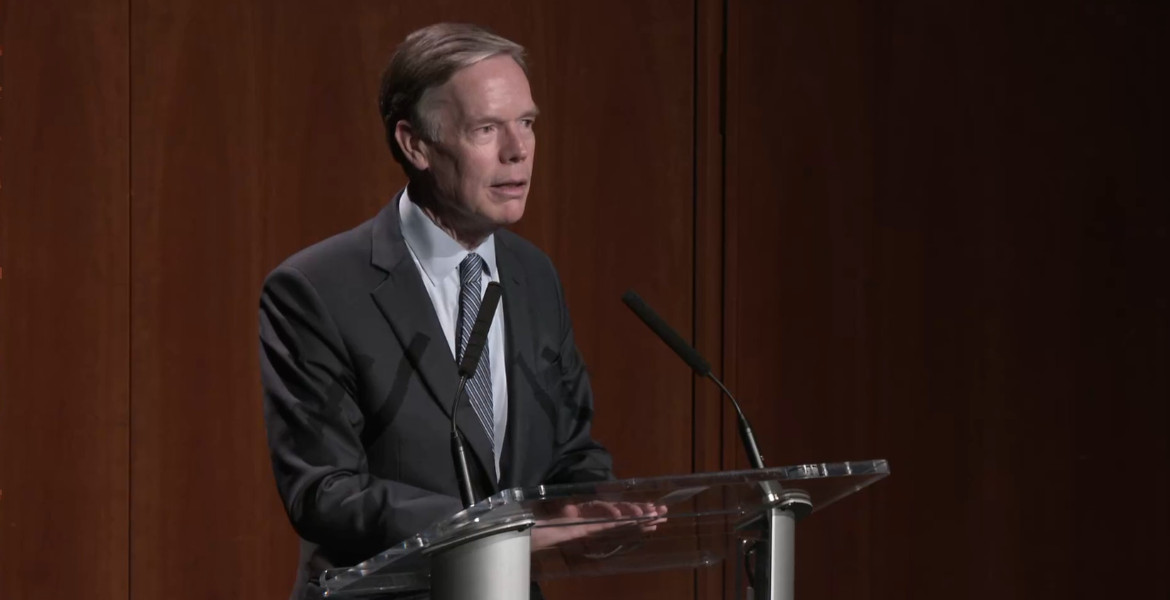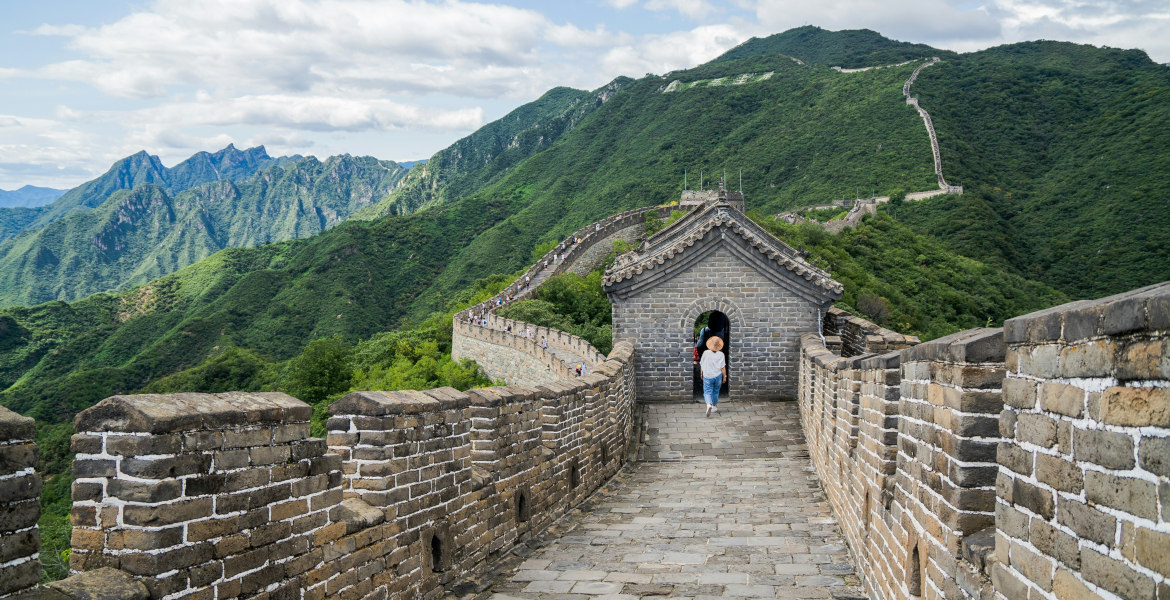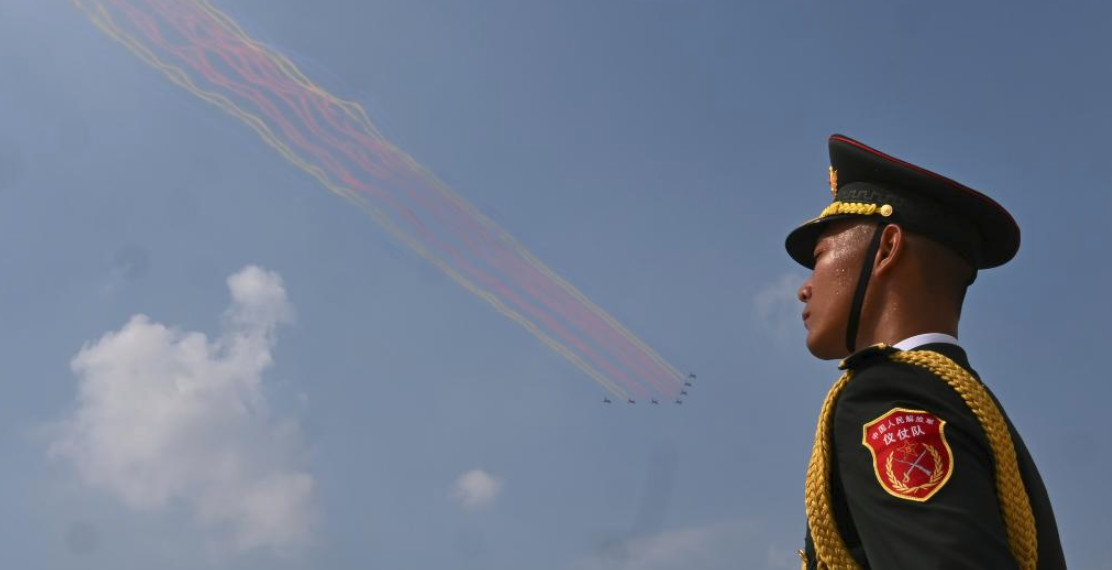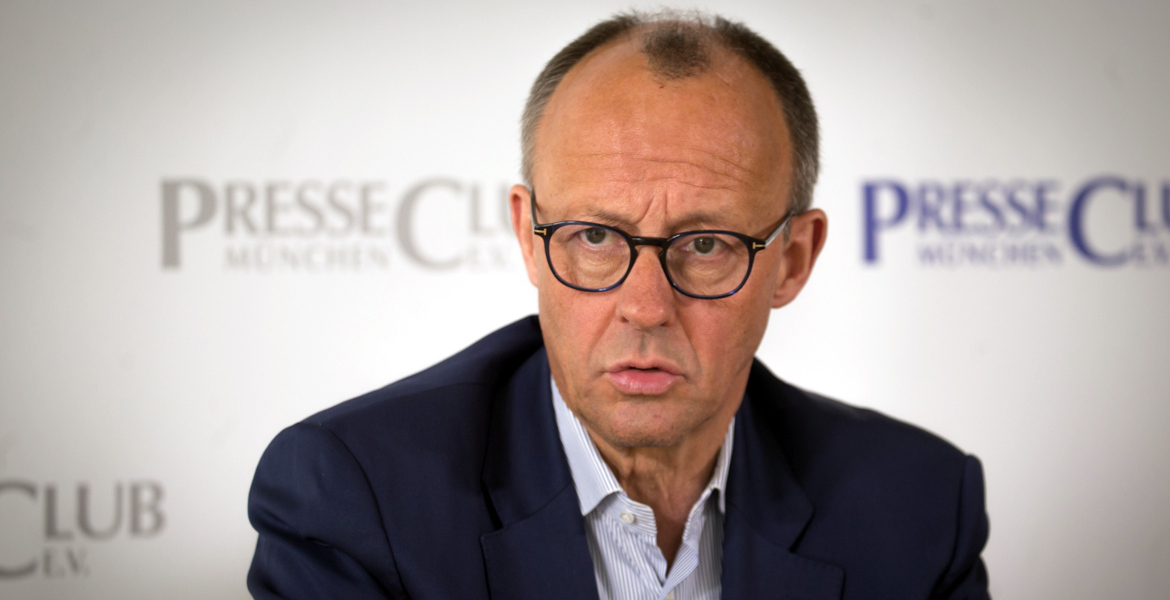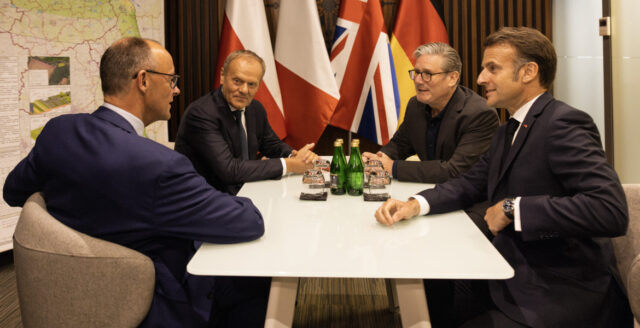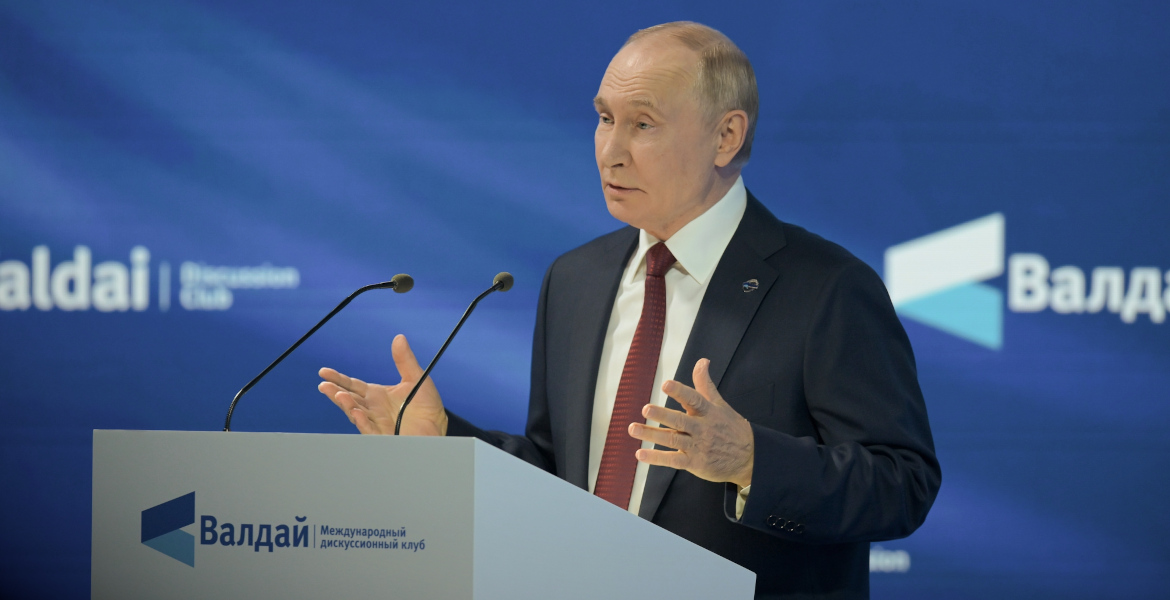Nicholas Burns, who served as U.S. Ambassador to China for three years, argues that the Western world has systematically underestimated the Chinese superpower’s capabilities in technology, military, and infrastructure.
In a recent interview, the experienced diplomat highlights several areas where China is far ahead of the United States – and warns that American policymakers still fail to see the full gravity of the situation from the perspective of U.S. strategic interests.
Nicholas Burns, 68, concluded his tenure as U.S. Ambassador to China in January 2025 after three intense years in Beijing. With a long career in American diplomacy behind him – having served under six presidents and nine secretaries of state – he returned to Harvard University where he is a professor of diplomacy and international relations.
Now he speaks openly about his experiences and observations from his time in China. And the picture he paints is more alarming than many are willing to acknowledge.
Impressive infrastructure
— We’ve underestimated Chinese power in the world, Burns states bluntly. As an example, he highlights China’s high-speed rail system:
— Those trains are fabulous. We rode those trains. You know, you can go from Beijing to Shanghai in four and a half hours.
The distance is over a thousand kilometers, he points out, drawing a clear comparison with the American rail system Amtrak:
— We have Amtrak’s just not like that.
But it is in scientific and technological capacity that Burns sees the greatest challenge.
— That’s the coin of the realm in our decade, he says and continues:
— In the next few decades. Which society will turn out more scientists and engineers?
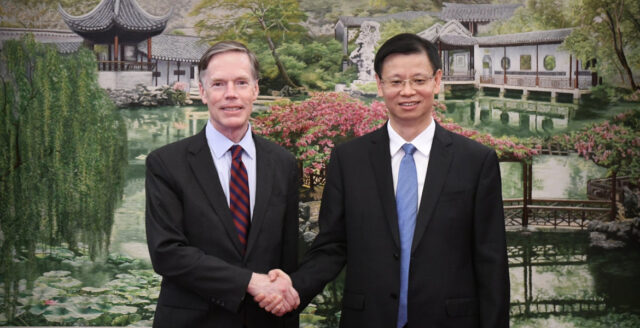
“Alarming” education statistics
The statistics he presents are striking. 34 percent of first-year students at Chinese universities study engineering or STEM fields (science, technology, engineering, and mathematics). In the United States, the corresponding figure is 5.6 percent.
— And they’re a much bigger country, Burns adds.
He also points to a peculiar paradox in American society. At Harvard’s graduation ceremony, where he himself teaches, the pattern is clear:
— At Harvard graduation, where I teach, when we ask our graduate students to stand up as a class, chemistry majors, biology majors, physics majors, largely Asian Americans, Some American citizens, excuse me, Asians, American citizens of Asian ethnicity or Chinese.
The same pattern is visible in business.
— Last week, when President Trump gathered all the tech titans of the United States in the White House, tremendous number of those tech titans are Indian Americans and Chinese Americans, Burns says.
His conclusion is scathing:
— We’re not competing when it really matters for the future. And that’s on technology.
Overlooked military strength
Burns also addresses the Chinese military, the People’s Liberation Army (PLA), whose capabilities he believes the Western world underestimates.
— Some people have said, well, it hasn’t fought since 1978. What is what it’s worth? I’ve seen the PLA, he says firmly.
— I think we’ve underestimated their military strength, their technology strength.
FMR U.S AMBASSADOR TO CHINA: “WE’VE UNDERESTIMATED CHINA’S POWER”
Nicholas Burns:
“Those trains are fabulous – you can go from Beijing to Shanghai in 4 1/2 hours, over 1000 kilometers. We have Amtrak, and it’s just not like that.
The level of infrastructure is one… https://t.co/cnYBEScG3T pic.twitter.com/lJiXG9o6PT
— Mario Nawfal (@MarioNawfal) October 17, 2025
Strategic long-term thinking
One of China’s greatest advantages, according to Burns, is the Chinese Communist Party’s ability to think strategically and long-term.
— The Communist Party of China is strategic and they don’t have to worry about, you know, we want to worry about what the press says. I mean, that’s a good thing to have the press challenging the government. They have nobody opposing them. And so they can make big bets over 10, 20, 30 years.
As an example, he mentions China’s systematic Africa policy:
— For 35 consecutive years, the Chinese foreign minister, whoever that person is, has made his first trip of the year in January to Africa to show the Africans you are our priority.
The contrast with the United States is striking.
— I think President Trump never went to Africa in his first term. President Biden went once to Angola for two or three days in December, at the very end of his term, Burns says.
His conclusion is unequivocal:
— They’re strategic, and we’re not competing on that level. So actually, I think the Chinese technology military economics are stronger than we think they are. And I think we’ve underestimated them, and we can’t do that any longer.
